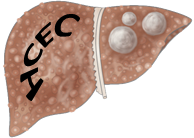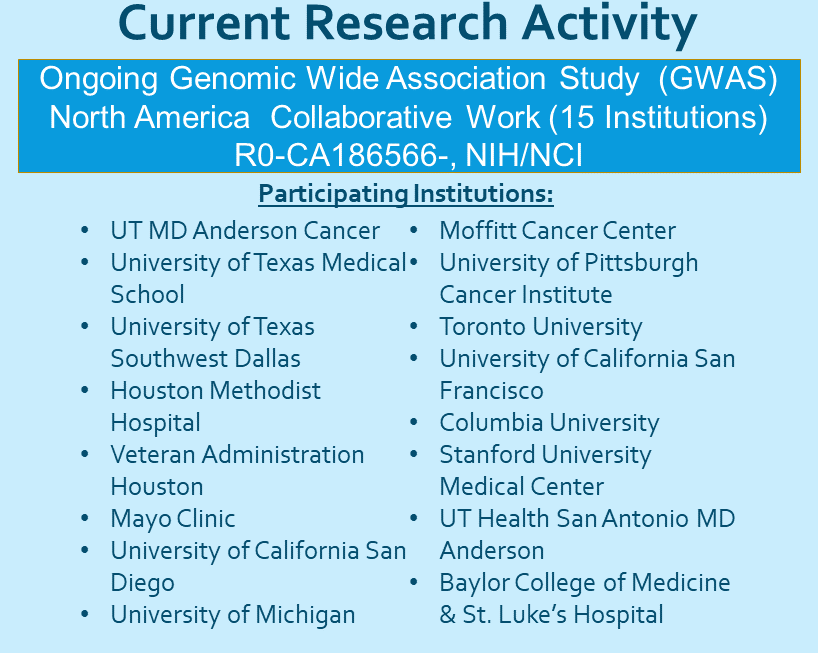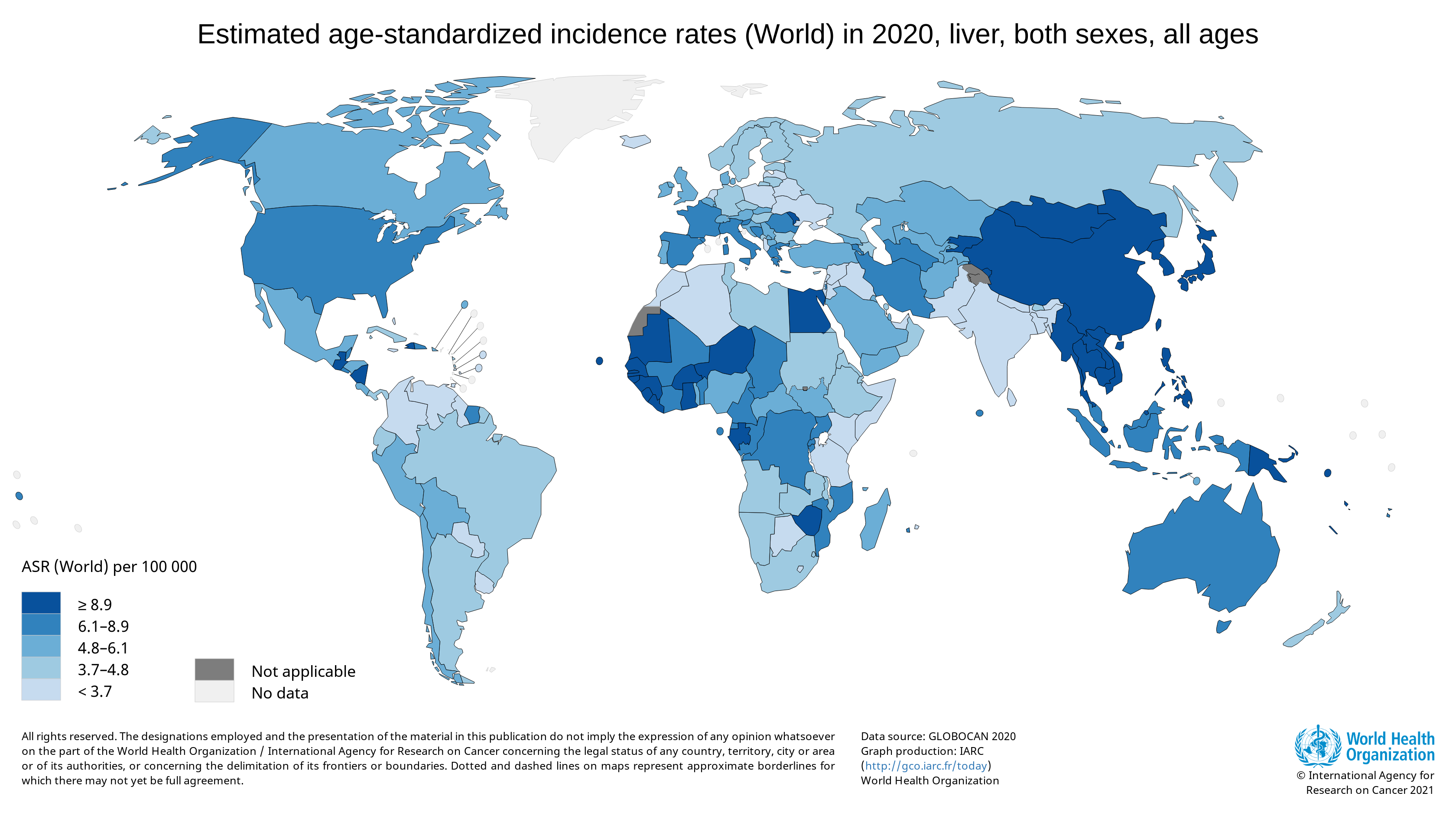Hepatocellular Carcinoma
Hepatocellular carcinoma (HCC), responsible for most cases of primary liver cancer cases (85%-90%), is the most commonly observed cancer in sub-Saharan Africa and Southeast Asia and accounts for more than 50% of cancer cases worldwide. In the United States, HCC is the fastest growing cause of cancer-related death, with the average annual age-adjusted rates of HCC increasing from 1.3/100,000 during 1978-1980 to more than 5.0/100,000 in 2007 In almost all populations, men have a higher incidence of HCC than women do, with an average man-to-woman ratio of 2 to 1 and an even higher ratio in highly endemic areas. In general, HCC is uncommon in the first 3-4 decades of life and increases progressively thereafter with peak incidence in the 7th and 8th decades. However, the age distribution of HCC varies by geographical location. In the United States, the incidence of HCC is highest in Texas and Hawaii. Such differences can possibly be attributed to variation in the prevalence of HCC risk factors. The main risk factors of HCC in the United States are chronic hepatitis C virus (HCV), hepatitis B virus, heavy alcohol consumption, and diabetes mellitus.
Underlying advanced chronic liver diseases (cirrhosis) is present in most patients with HCC in the United States. Most cases of cirrhosis-induced HCC in the United States are caused by chronic HCV infection. In fact, HCV infection represents a major public health problem in the United States, leading to chronic liver damage in most infected patients. It has been demonstrated that cirrhosis develops in 20% to 30% of patients with chronic HCV. However, the epidemic of obesity and insulin resistance and their strong link to increased risk of fatty liver disease including steatohepatitis could represent the other major source of HCC cases in the future. Identifying new markers to determine HCC risk in individuals with HCC risk factors (e.g., HCV) may play an important role in improving the current guidelines for HCC screening and prevention.
Survival of patients with HCC is dismal with 5 year survival of 10-15%, except in patients with early local disease who receive potentially curative therapy such as liver transplantation or resection. Therefore practice guidelines recommend surveillance of high risk patients. However, the optimum method of surveillance is not clear.


